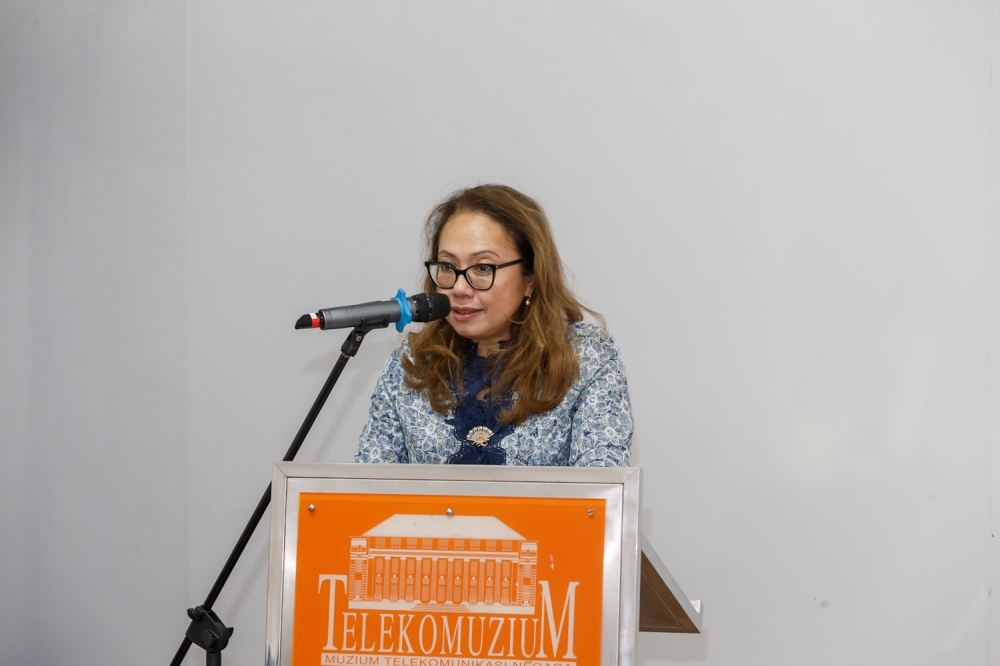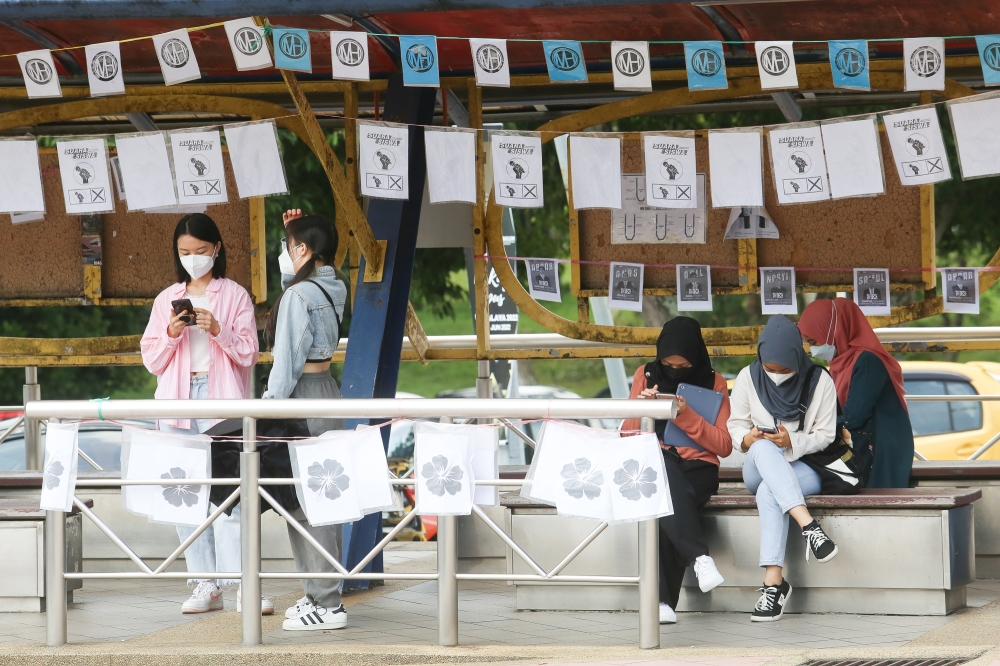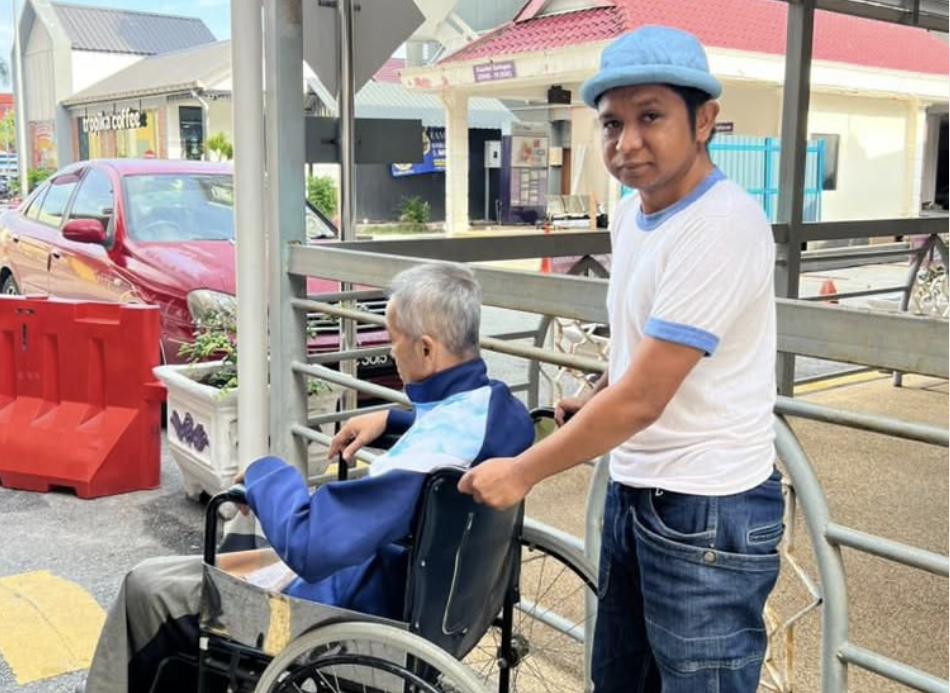- A study by Iman Research found Malay youths are supportive of pluralism and want ethnic-based policies like the NEP reformed to benefit all Malaysians, not just elites.
- Respondents viewed multiculturalism as a positive asset and linked it to justice and fairness, with universities seen as crucial spaces for inter-ethnic understanding.
- The report concluded that dismantling race-based policies and promoting pluralism are seen by young Malays as essential for building a fairer and more united Malaysia.
KUALA LUMPUR, Aug 21 — Despite assumptions, Malay youths polled by think tank Iman Research have indicated that they are actually more supportive of pluralism and are calling for reforms of ethnic-based policies such as the New Economic Policy (NEP).
Presenting the findings of it “Orang Kita: The Politics of Acknowledgement and Resentment” study, Iman’s research director Aziff Azuddin said young Malays generally believed in a multicultural Malaysia and did not want non-Malays excluded from the economic process.
“I think I’m happy to report that all the Malays I spoke to, and I think generally across the board, they do believe in the multicultural Malaysian. And I think this needs to be stressed, really.
“They do not want to exclude the non-Malays out of the process or the economic process,” he said during the report launch yesterday.
He added that many participants who called for the NEP to be reviewed did so because they wished for the economic benefits to be extended to all Malaysians.
“A lot of people I spoke to were saying, yeah, what the NEP needs to be reformed, it needs to be rethought so that not just the Malays get it, but non-Malays also get it.
“And when they frame it, the reasoning behind it also is because they see a lot of the fruits of the NEP has come to the elite,” Aziff said.
He said respondents saw the policy as originally designed to equalise the economy after the bloody racial riots of May 13, 1969, but over time it had evolved into something that benefitted the connected and the elite.
“I think Tun Abdul Razak wanted to equalise the economy after the May 13. But it has evolved. I think a lot of them also see this evolving into something that has benefited only those who are connected.
“So they actually want economic justice, and they want economic justice for their non-Malay friends as well,” he related.

Dina Zaman, the co-founder of IMAN Research, speaks during the launch of the “Orang Kita, Malay Youth Democratic Renewal Post-GE 15: The Politics of Acknowledgment and Resentment” study. August 20, 2024 — Picture by Raymond Manuel
Pluralism and justice for all
The report noted that many young Malays associated pluralism with justice and fairness across communities.
“Most participants agreed that multiculturalism was something to be celebrated as a part of what it meant to be Malaysian. Diversity was seen as a positive asset, and many stated that the perceived harmonious relationship (outside political polarisation) between the different ethnic groups was something to be grateful for.
“Many participants shared experiences of their relationships with non-Malay friends or colleagues, detailing their respect and understanding for each other,” it said.
Aziff also highlighted education as a factor shaping attitudes towards pluralism. He said respondents described Malaysia’s schooling system as socially divisive, with students separated from a young age and unable to share the same realities.
“At a young age they are separated and they don’t share the same reality. So you end up growing in your bubble. By the time you’re at the university, you have already formed a worldview which is insular,” he said.
Universities, however, were cited by respondents as places where Malays had their first positive interactions with non-Malays.
“Upon entering university, they are able to engage with non-Malays and find it to be a very important experience,” Aziff said.
“That tells me that there is something about contact theory, but there’s something also about creating a safe space for changing engagement where equity can be formed — where you can meet the others and talk to them, engage them, and then learn basically how to socialise with each other and form an understanding of each other.”

Some Malaysian students polled said they were only exposed to other communities after entering university. — Picture by Choo Choy May .
Spaces for nation building
One participant from the report shared how they learned about other cultures and religion after entering university.
“I was not exposed to other races or religions when I was in secondary school. So when I entered university, I learnt about other cultures and religions; how to socialise, their food, traditional clothing, and how to be sensitive.
“I was not exposed to any of this in school… It took time to make friends with those from other races and religions.”
The report concluded that young Malays saw dismantling race-based policies and promoting pluralism as essential for building a fairer Malaysia.
“All participants desired inter-ethnic and religious harmony across the different communities in Malaysia, regardless of background. In discussions across various groups, participants spoke of the need for a collective identity, some citing ‘Bangsa Malaysia’, a concept introduced by Abdul Razak, in 1967,” it said.
“Over the decades, ‘Bangsa Malaysia’ has been cited as a national imagination of a collective Malaysian identity shared across different ethnic and religious groups.
“This concept was further built upon by the fourth Prime Minister, Tun Mahathir, who infused ‘Bangsa Malaysia’ with concepts of Malay nationalism and multiculturalism, with its most tangible aspect being the usage of the national language and a shared prosperity vision exemplified by ‘Vision 2020’,” it said.
The study employed focus group discussions and in-depth interviews with Malay youths in several states between July 2023 and March 2024. It also drew on desk research and a review of existing literature.
Based in Kuala Lumpur, Iman Research describes itself as a think tank which focuses on the domains of protective security, peace-building, and sustainable development.





